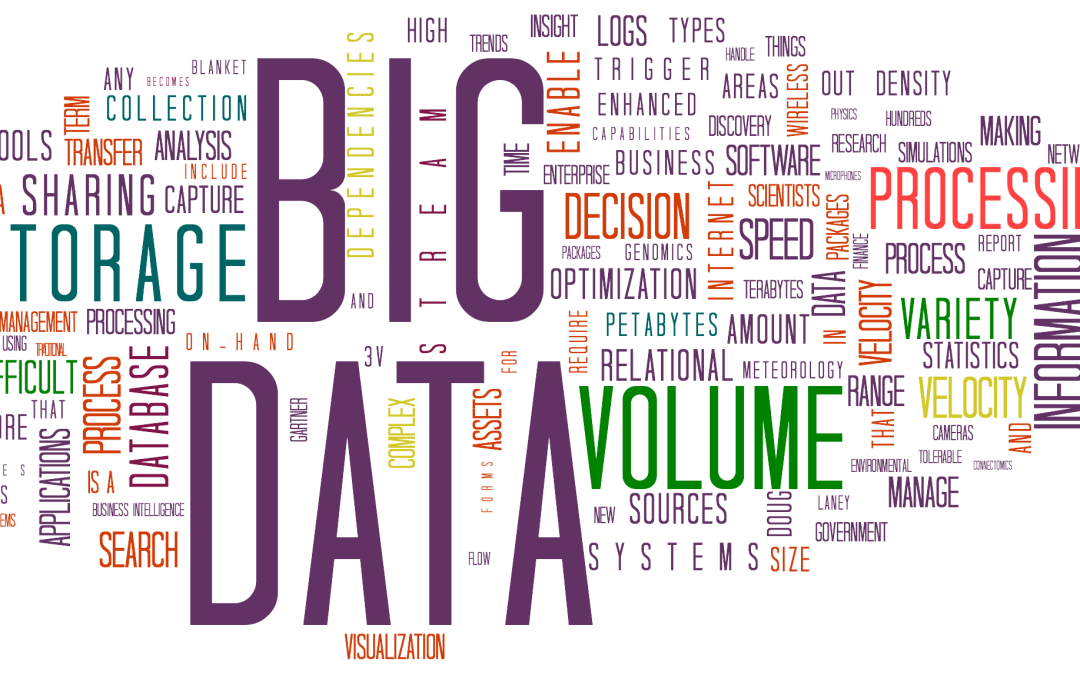Companies complain about the effect of ad-blocking on their revenue streams. They have a point … to a point. Blocking ads does break the traditional covenant in which users gain access to content in exchange for exposure to advertising. But the complainants don’t acknowledge the terms of the covenant have changed. In traditional media, ads are purchased for their potential to send specific messages to specific audiences. Consumers of content are, then, exposed to the ads. But ads on websites are not about content. They’re about data-mining. Data-mining is not advertising. It’s not about informing. It’s the mad science of collecting audiences to present to pitches. It adopts the word, ad, and abuses the covenant. This is not communication, it’s mental and statistical manipulation.
When Jonathan Spiliotopoulos, my friend and OCG partner, wrote that, it made me wonder: Does it reflect prescience or common sense? It’s the latter, and I know now what Jonathan already knew: Time, energy, and attention are finite commodities. And what he saw coming was the point at which the deleterious effects of saturation would be compounded by exploitation.
I came across an article in Advertising Age that cited Sir John Hegarty. It honed Jonathan’s point about manipulation. Sir Hegarty said this, in part:
I’m not sure I want people to know who I am. I find that slightly Orwellian and I object to it. I don’t want people to know what I drink in the morning and what I drink at night. I think there’s a great problem here — throughout history we have fought for our freedom to be an individual, and you’re taking it away from us.
I don’t care that my Stop & Shop card reveals my predilection for almond milk over moo juice, especially if almond milk’s in stock when I visit the local store. But I never visit the company website to feed the data-dredging banners by which the chain makes buying decisions. And I don’t think my individuality’s being compromised. But I want to to manage my transparency.
Here’s the skinny, which is neither big news nor dependent on Big Data: Astute marketers monitor the tastes and predilections of their prospects. That’s what they do. It’s what they’ve always done. That’s why they’re called marketers.
That’s why we have, on one hand, Chopin vodka, for which you’ll pay in the neighborhood of $35 for a 750ml bottle — or criminal sums at upscale watering holes for a single martini — with the promise of experiencing smoothness and cleanliness bordering on Godly. It’s also why we have, on the other hand, Walmart, which eradicates brand in service to the lowest prices.
So, go ahead. Use your ad-blockers. Big Data isn’t Big Brother.
And it’s no big deal.
—
By Camelia.boban (Own work), via Wikimedia Commons.

